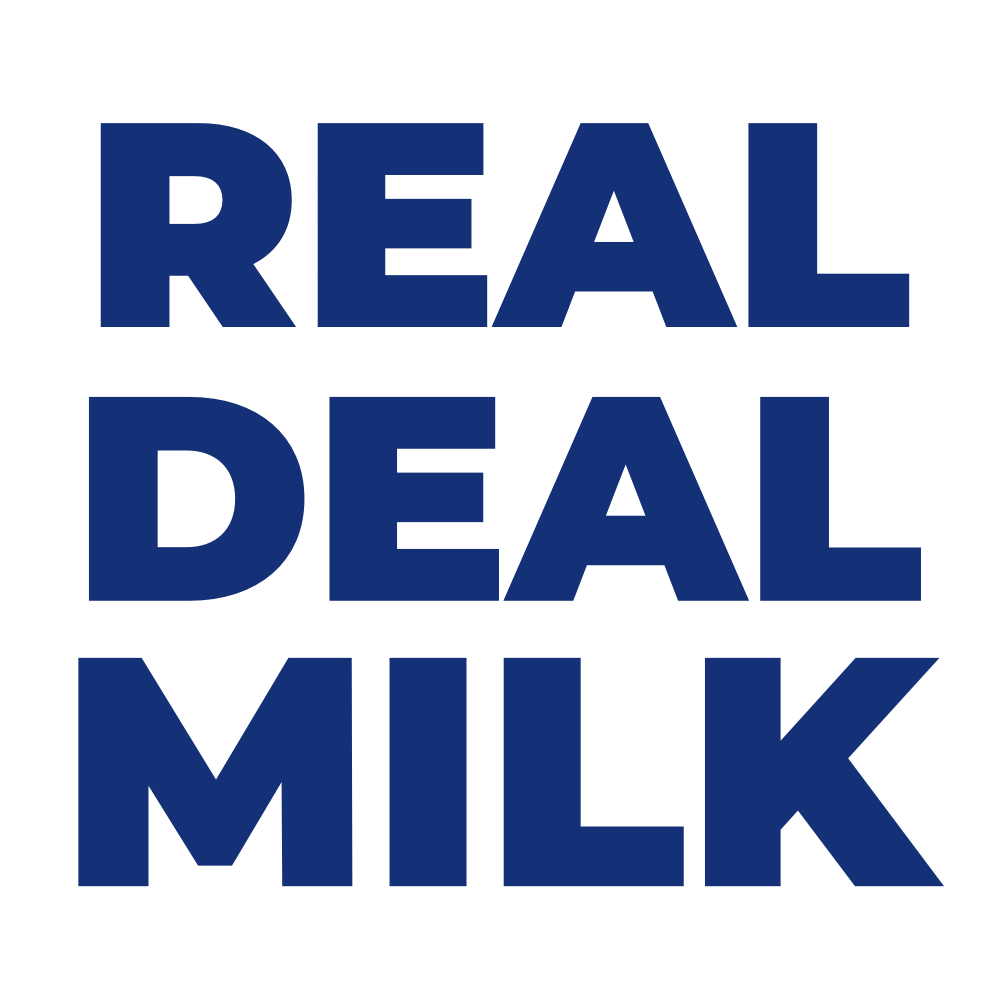What consumers really think about precision fermentation
With precision fermentation (PF) set to break onto plates in the next few years, what really matters is you, the consumer. What will you do with animal-free dairy: try it, buy it or avoid it?
Making the right choices for you and the planet
The consequences of climate change are unignorable as we wade through the depths of a summer of extreme heat, which will be the coolest summer for the rest of our lives. In recent years these wake-up calls have been alerting consumers to the impact their diet has on the planet. Across Europe 58% of people think that the climate impact of the food they’re buying is quite or very important (Ipsos. 2022), additionally, two-thirds of European consumers are open to changing their eating habits for environmental reasons (BEUC. 2020).
This represents an incredible shift in consumer attitudes and the factors which come into play whilst making those all-important food choices. The more people that get on board with sustainable food choices, the larger impact we can have, pushing the food industry to adapt and focus on the impact that production has on the planet.
Inventing the Future of Food
A major shift in our diets will be the move away from animal agriculture, replacing it with plant-based foods and alternative proteins, and the food-tech industry is bursting with innovative solutions, from molecular farming to proteins made from CO2. The next step is to get consumers just as excited about these solutions as we are in the food-techy world. New products can sometimes feel scary when unknown names pop up, precision fermentation what?? But by being transparent, engaging and educating consumers about the benefits of these products, we can open eyes and arms to these incredible foods that will play an essential role in revolutionising our food system.
So how are consumers feeling about precision fermentation right now?
To get to grips with the current perceptions of precision fermentation The Hartman Group conducted delved into research on the US population, sponsored by Perfect Day and Cargill (The Hartman Group. 2023). The overall outcome: positive!!
40% of adults were ready to try PF with little education effort. Of those included in the study, 46% of Gen Z and 56% of millennials were likely to buy products made with precision fermentation, and with just a little bit of education, those figures increased to 64% and 65%, respectively. Showing the big impact education can have. Additionally, when asked about the likelihood of purchasing products made via PF 35% would replace all or most products with those from PF, 32% would regularly purchase PF, 14% would purchase occasionally and 19% would make no changes to their purchases.
The likely role of PF products in consumer food choices
Younger generations also consider themselves early adopters, with millennials most likely in early adoption. As the Gen Z cohort grows and with it a growing comfort with food tech, they will be expected to follow suit and help increase this consumer group of individuals willing to step forward as the first consumers of PF dairy.
And it seems these enthusiastic views are mirrored across the world.
Animal-free dairy company, Formo, teamed up with Mercy for Animals to look into the consumer perceptions of PF across the UK, Germany, Singapore and the US (Zollman Thomas, O and Dillard, C. 2022). They concluded that there was a “remarkable level of interest in and solid enthusiasm for precision fermentation”. They also found that the arrival of PF products will provide a stimulus to reflect on the ethics of industrial dairy production.
More recently Formo published another study focusing on the future demand in the UK (Slade, P. and Zollman Thomas, O. 2023) and demonstrated a significant section of consumers would be willing to embrace animal-free dairy. Woohoo! In their market share predictions, pricing was key. When animal-free dairy is priced at parity with premium cheese the market share could be 33%, however, with a 25% markup on conventional cheese this share would drop down to 22%.
These studies act as reminders of some of the key challenges in the animal-free industry: education and price. Both will be crucial to the success of PF dairy.
So it’s good news for precision fermentation, people want to eat it. Phew! But we still have plenty of work to do and education will be key. So help us spread the word, why not tell your friends about this super cool technology you’ve been reading about? Or set up a precision fermentation fan club? Whatever works for you.
References
BEUC. 2020. One bite at a time: consumers and the transition to sustainable food. https://www.beuc.eu/sites/default/files/publications/beuc-x-2020-042_consumers_and_the_transition_to_sustainable_food.pdf
Ipsos. 2022. Report: European consumer survey on green fertilizers.
Slade, P. and Zollman Thomas, O. 2023. Cheese without cows: Consumer demand for animal-free dairy cheese made from cellular agriculture in the United Kingdom. https://brill.com/view/journals/ifam/aop/article-10.22434-ifamr2022-0150/article-10.22434-ifamr2022-0150.xml
The Hartman Group. 2023. Fermenting the Future. https://www.hartman-group.com/documents/2112785198/download
Zollman Thomas, O and Dillard, C. 2022. A New Way of Making Dairy. https://prismic-io.s3.amazonaws.com/formo/79909028-2cd3-4ab2-8096-1b95f39caf38_Formo_ANewWay_ConsumerReport.pdf




